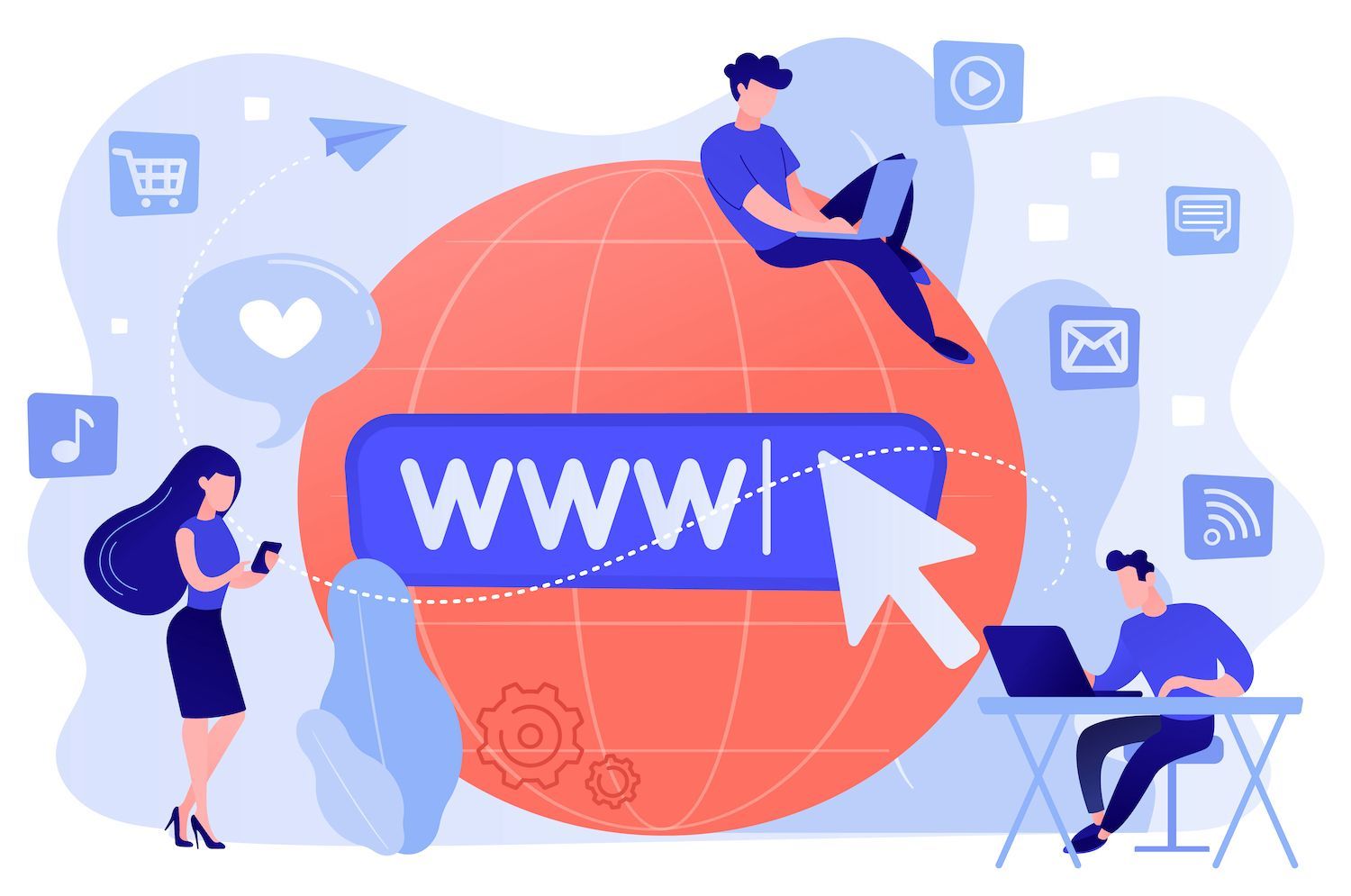Making Sales Successfully Using Social Evidence
Social proof could refer to that people who are potential customers, readers or even followers make a decision that is based upon a greater number of prior choices made by others. Fast Company states that you can narrow down this subject down to five kinds of social proof
- Your friends' wisdom
- The advice of huge crowds
- User social proof
- Social proofs from celebrities
- Social proof of a trustworthy professional
We'll look at ways to employ social proof in order to promote more, and offer suggestions for choosing the right type of social proof to utilize for your organization.
Peer pressure is a joke in school, cool for company

If you look at all five social proof types we talked about earlier, three them share one thing in common: they are all about peer pressure.
If you learn about an upcoming film with your friends, and they are all discussing the film, you are excluded, so you go see the movie.
If you learn something regarding a product through large crowds, it's not only a terrifying attraction. Why do 500,000 people follow this brand on Facebook? I need to investigate to find out what the motive to all the hype about.
If you read reviews from previous customers who praise the item or service, it's impossible to resist the desire to leave. Think about the instances when you're at the edge of a purchase at Amazon, so you click down to review the reviews, which is usually the factors that influence the decision you make.
Take note of what you're seeking in searching for videos you can look at on YouTube. For instance, you're searching for an audio clip. Two options come up in the same music. Which one would you choose to watch? Which of them offers 500 views, and which one with 50,000? The one with 500 views is more authentic, but is it?
Social evidence can boost sales of products. If you're looking to utilize this strategy then it's your responsibility to find people who love the company you run. If you do not have a sizable social following, ask current customers to leave you high-quality reviews that you could post on your website instead.
Paying for social proof is not the same as. bringing it in naturally
Other common types of social proof are buying endorsement from a well-known person, or the creation of an online rating platform where people can comment on and review your product or your products.

For a quick summary to help you: each perform effectively. If you're able to make Phil Mickelson talk regarding your opener for bottles or golf glove, your customers see it as a credible source and are drawn to your products.
On the other hand, if you have a rating system with 200 good reviews, and you have a 4.5 stars for your cracking gloves you offer, you're bound to see an increase in sales.
The major differences between the two examples is time and cost. When you pay an expert that is trustworthy or is a media source, you need to pay a substantial sum of money upfront. You are likely to increase your income however, what happens when you are unable to pay for the persona?
If you use a rating system that you have a rating system, you will build credibility easily, and the results remain for a long time. You might also find that the ratings of 200 normal Joes are more convincing than the smiling face of someone like Mickelson.
Stories or statistics?
The research conducted by psychologists experts Christopher Chabris and Daniel Simons indicates that stories hold unequivocal power in the field of selling online.
There is frequently a discussion about the best way to incorporate facts or stories into the pages of your blog and product content, but as per this research the latter is the most effective option for your needs.
What's the motivation behind this? It's only a short moment and then they're transported to another dimension. It prompts them to consider you to be an authority figure since you've had an experience that's relevant.
Stats, on the other side, are an excellent opportunity to attract the attention of your audience and demonstrate your message. They don't stay in the minds of the people who purchase from you. If you mention the percentage or average of your sales the people will think about it about it for a few seconds... then completely forget the details. This can make it difficult to utilize a statistics report in order to help sell things in the course of the sales funnel.
An interesting story is one of the strongest methods of social proof that you can utilize. Imagine selling a groundbreaking style of hiking boots. That will aid in the sale of more footwear: an analysis of the number of people end suffering from sore feet after the hike, or telling an account of what you did on the Pacific Crest Trail and found your shoes that are to come without causing even a sore toe?
What if your Social verification is not authentic?

If you've got some social proof, but not much that you can boast about? According to an interesting post from the Visual Website Optimizer blog, Anne Stahl argues that lower social proof areas can actually hurt you when trying to achieve certain goals.
The article of Anne is primarily focused on social media. In this case, you have an account with social media fans on your website but it shows only the followers of a small number and this could make prospective customers or readers believe that you're not worth buying since no one's following your page.
The same applies to those share counters that you place on your products pages and blog content. If they're in the single digits, how can prevent people from thinking that nobody liked the product or the contents you offer?
In a nutshell, you should consider the possibility that not having social proof may be better than having a low level of social proof. It's an excellent suggestion to post links to your social media profiles. However, you don't have to showcase the follower's number. If your item isn't widely shared, consider the option of not showing your social media accounts, or utilizing software to merge your options on the one "share" page.
Final
Your social proof is totally contingent on how you consider your approach prior to moment. It's hard to get the attention of your target audience if you're forced to completely eliminate your social media buttons or ratings sites because you're worried about what the consequences will be to your image.
What kinds of social proof do you apply to your website? What have the results been for you? Let us know in the comments!
Image sources: Jurgen Appelo, TourProGolfClubs
This post was first seen on here
